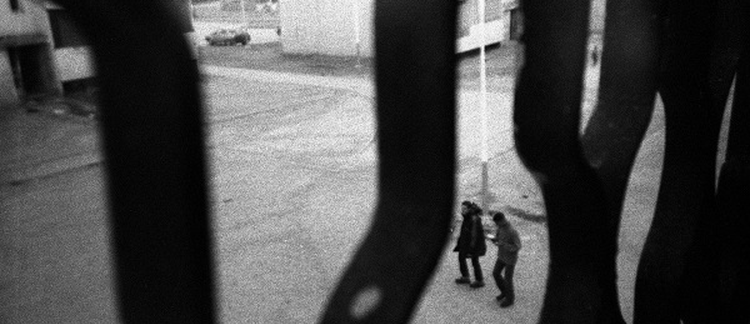Abstract
To download this paper, please click here.
This paper offers a case-study of Haleema Hashim’s photography, undertaken between the 1940s and 1970s and recently rediscovered, to examine the practices and afterlives of domestic and amateur photography in India. Haleema was the only woman to photograph in her family and community of Kutchi Memons, Sunni Muslim migrants long-settled in the port city of Cochin. In 2014, her striking images of occasionality and everyday life were collected by her great-grandson, shared online, and exhibited at the Kochi Muziris Biennale. While drawing appreciation for ‘making visible’ an ‘intimate’ history that especially foregrounds women’s lives, they raised objections amongst family members who were anxious about the implications of such visibility. They thus emphasise the politics at play in the production, transmission, dispersal and/or appropriation of photography. To reflect on this politics, this paper directs Ariella Azoulay's conceptualisation of the photographic encounter, which takes place between the photographer, camera, photographed subject and spectator, towards the spaces and relations of the (post)colonial household and its archives. Rather than a ‘civil’ contract, photography is read as an ‘intimate’ contract, where intimacy is the constant and contingent blurring of ‘public’ and ‘private’, the formal and the informal, the immediate and the archive.

